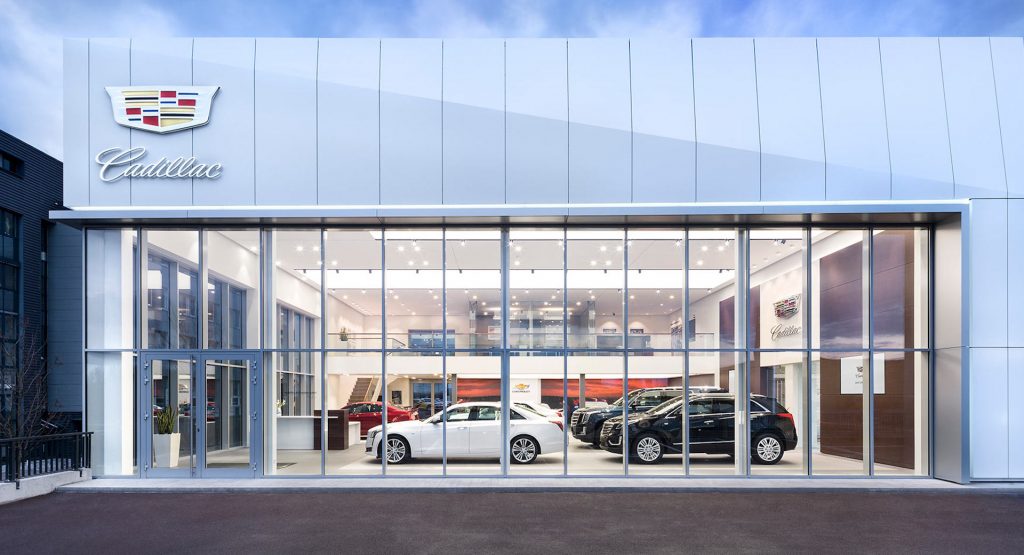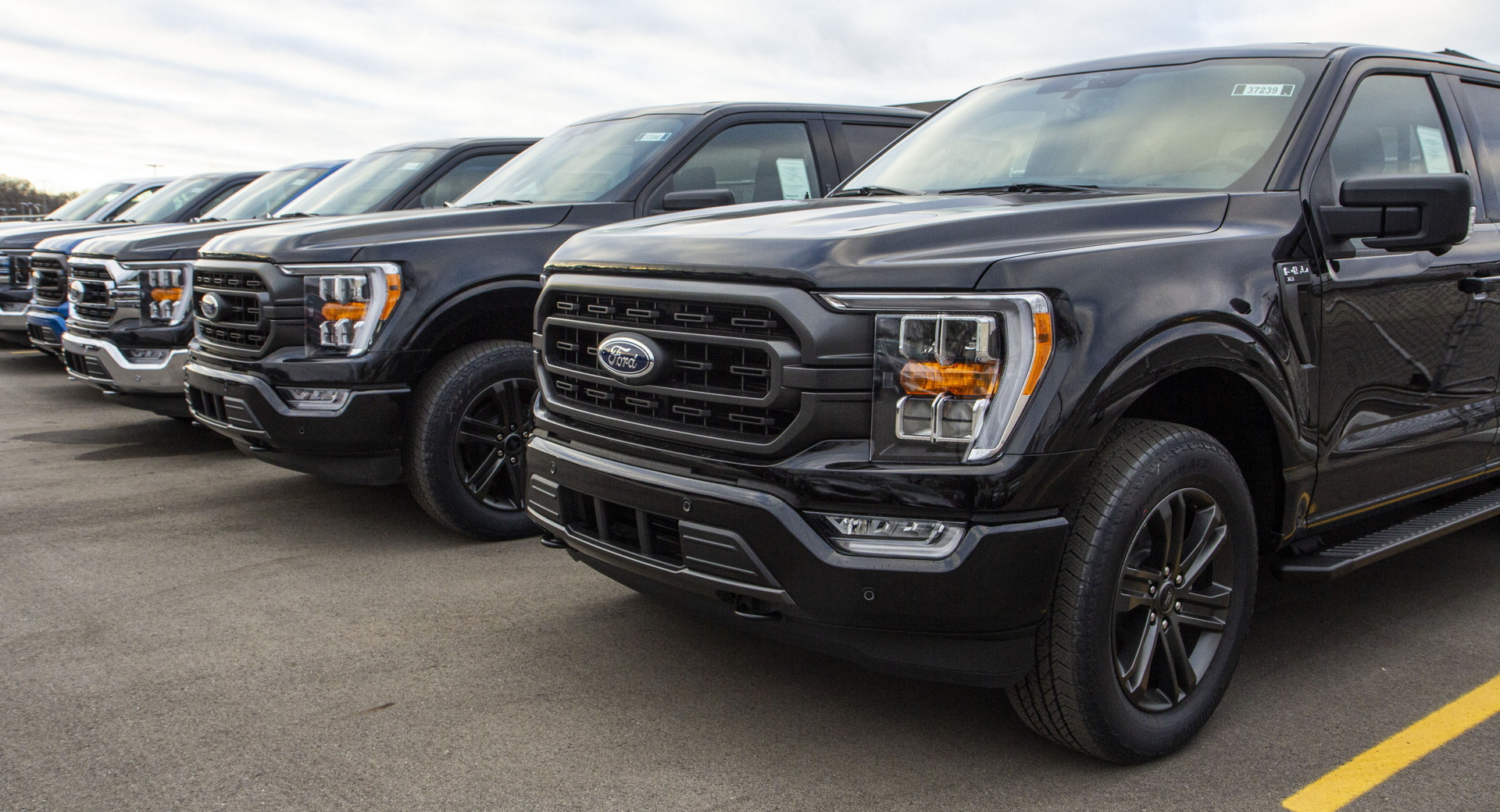You’ve almost certainly heard about the problems the shortage of computer chips has caused with vehicle production over the past year. Various production lines have had to be idled, and some automakers are choosing to ship cars without certain electronic features, such as start-stop systems, just to get things moving.
But as the New York Times reports, carmakers aren’t the only ones struggling. So are dealers, and, ultimately, customers. The reduced supply means dealers can’t get their hands on enough new cars to satisfy demand from buyers who have money to spend thanks to the U.S. economic recovery and low interest rates.
Buyers also have unusually high levels of savings because they were unable to spend as much money during the coronavirus pandemic as they might have in a normal year, and many received stimulus checks.
And there’s just as much turmoil going on in the used market. We’ve already written about U.S. dealers bringing in cars from Canada, but the NYT says they’re also calling and emailing former customers to whom they sold cars a year or two earlier to see if they can buy them back to sell on. It references government data suggesting some used car prices are up as much as 45 percent on this time in 2020.
Related: Ford May Ship Vehicles With Missing Chips To Dealerships
“The industry has had strikes and material shortages before that have left us short of inventory, but I’ve never seen anything like this,” Mark Scarpelli, the owner of two Chevrolet dealerships near Chicago, told the NYT. Scarpelli said his dealerships normally have 600 to 700 cars in stock, but currently have just 50. New cars that arrive in dealerships are often gone within hours.
The NYT’s investigation found that despite the shortage of available cars, the higher prices of those cars due to a shift in supply and demand means dealers aren’t necessarily suffering financially. It says new cars that would normally be available with discounts over the MSRP are selling for list price, and often more than that for in-demand models. And as for the time-honored tradition of haggling over used cars, we might not see that again until 2022.









